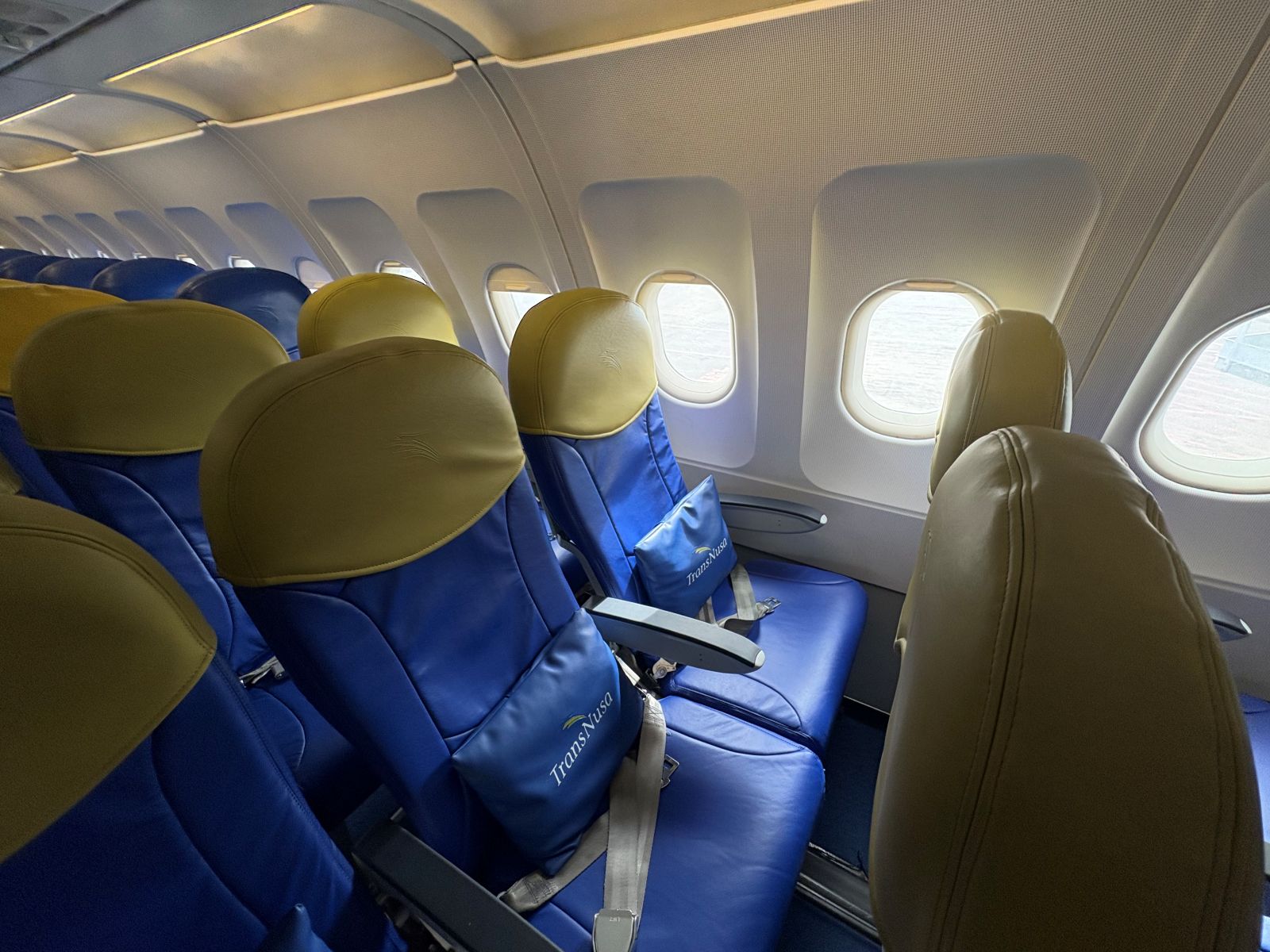If the Malaysian government believes that walking away from the search for MH370, which finished today, will make its disappearance go away, they are mistaken.
In fact if anything, the wave criticism and bizarre cover-up theories will only increase as the months go by.
Certainly, the publicity is hurting the government and its national airline but ignoring MH370 is no fix.
The Malaysian government’s performance over this tragedy has been a muddled disaster from the outset, and that has only fuelled the conspiracy theorists, who have had a field day.
Almost every utterance - mostly via social media - from the host of Malaysian officials and the military was a PR disaster.
AirlineRatings.com was the first to call for the search to be handed over to Australia and the first to say that the crash investigation run by Malaysia was the worst in aviation history.
The world’s media and others will not let this go.
MH370 will be found - just as a host of famous shipwrecks has been found.
Not helping matters is the plethora of fiction that has been written about this disaster and the search effort.
And that view is supported by noted aviation commentator and former Senior Air Safety Investigator with the US National Transportation Safety Board (NTSB) Greg Feith who says the public’s confidence in the search effort has suffered badly.
Speaking with The West Australian yesterday, Mr Feith said the “credibility of the search effort has been jeopardised.”
He says the problem is: who will carry on the search with so much negativity.
“Australia has done an admirable job [on the search]," he said.
And this view is shared by many in Canberra who say that the Australian government has waned in its enthusiasm because of the unfair criticism of the ATSB’s efforts by local media.
Mr Feith, who led the US team on the Silk Air Flight MI185 suicide crash, adds that the Malaysians were in well over their heads with MH370 and “they were lucky that Australia took over.”
In fact, the Malaysian air accident division is only 30 per cent compliant with international regulations.
Mr Feith cautions, however, that even if MH370 is found it may hold onto its secrets.
He says that at a possible depth of 6000m will make recovery extremely difficult.
And he warns that while the flight data recorder should yield information about what occurred with the plane’s systems, the cockpit voice recorder - which would tell us why - will almost certainly be blank.
Like most in the industry, Mr Feith believes that everyone on the plane had passed out through a de-pressurization event and the CVR, which overwrites itself every two hours, will be blank.
“It is likely that finding the location of MH370 will be no more than a memorial for the relatives which of course is extremely important,” he said.
Mr Feith also believes that, on the body of evidence available to him, the captain is more likely responsible.
But whomever is responsible for MH370’s disappearance, Malaysia is being irresponsible in its commitment to the international community and its own aviation industry.
Its attitude by rhetoric and deed has left the once-proud airline system in Malaysia in tatters, and it will be a long time before it recovers.
Only discount pricing is attracting passengers to fly on its airlines.
There is only one credible option for Malaysia - continue with the search.
Have questions or want to share your thoughts?
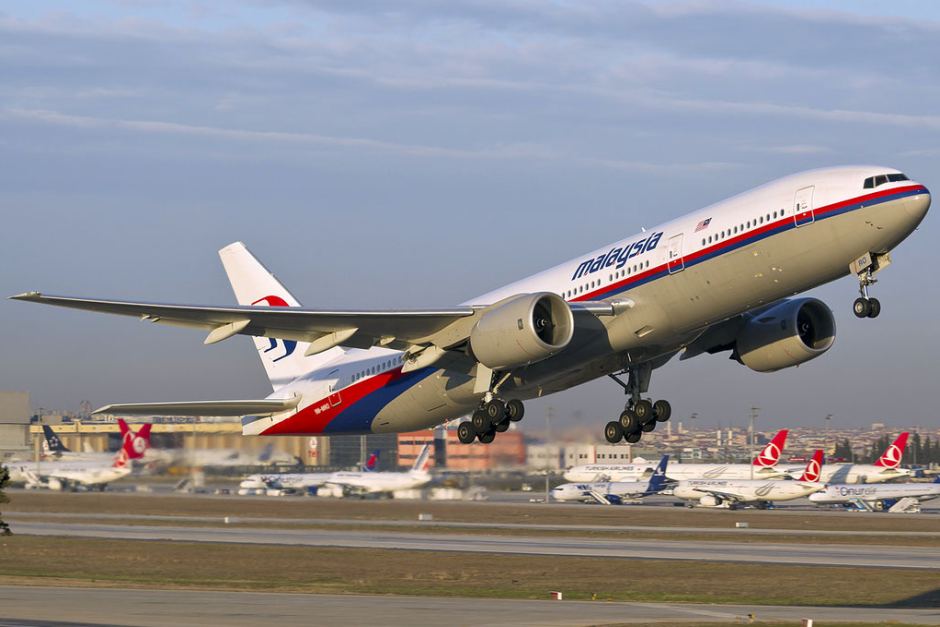

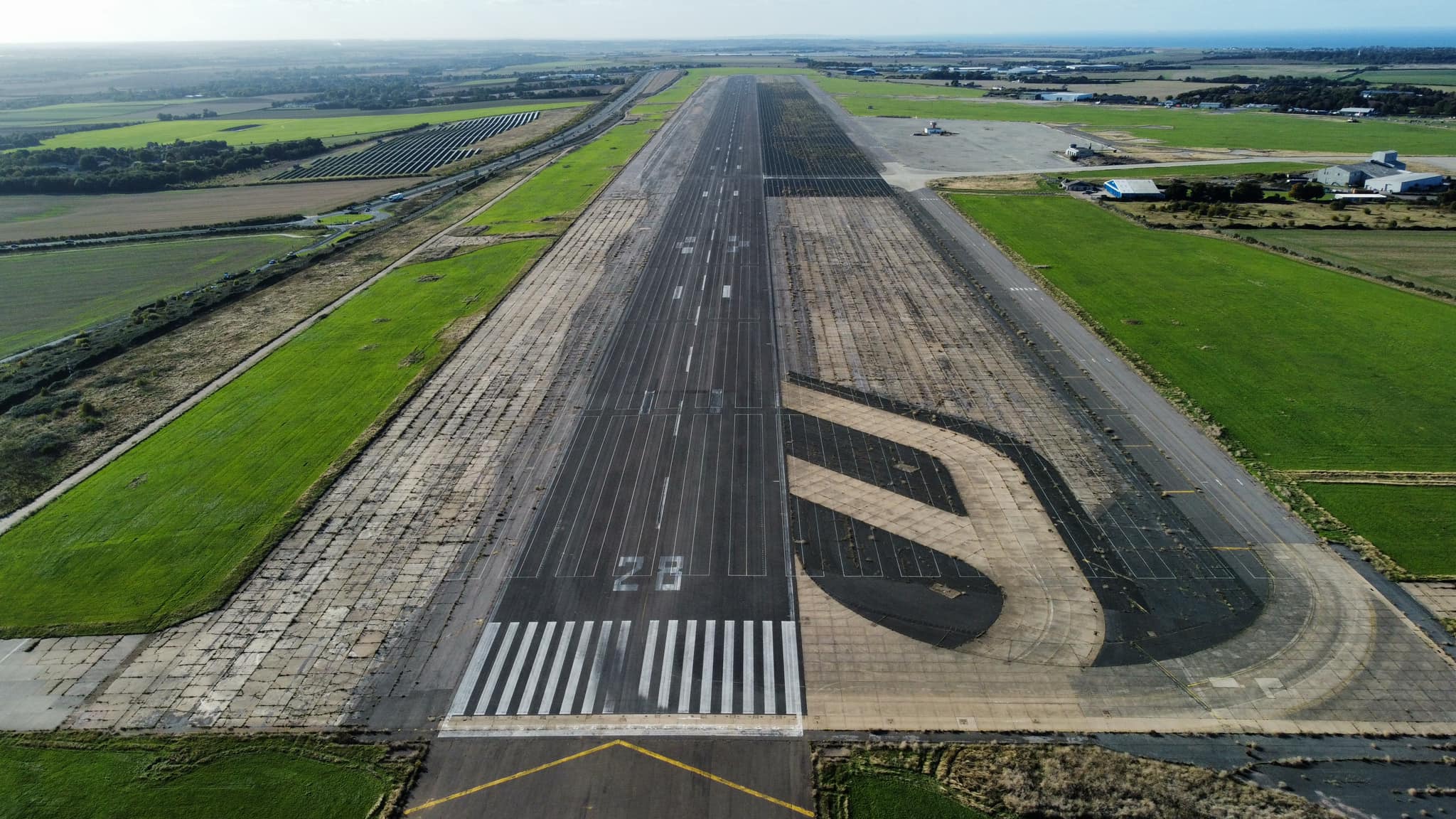
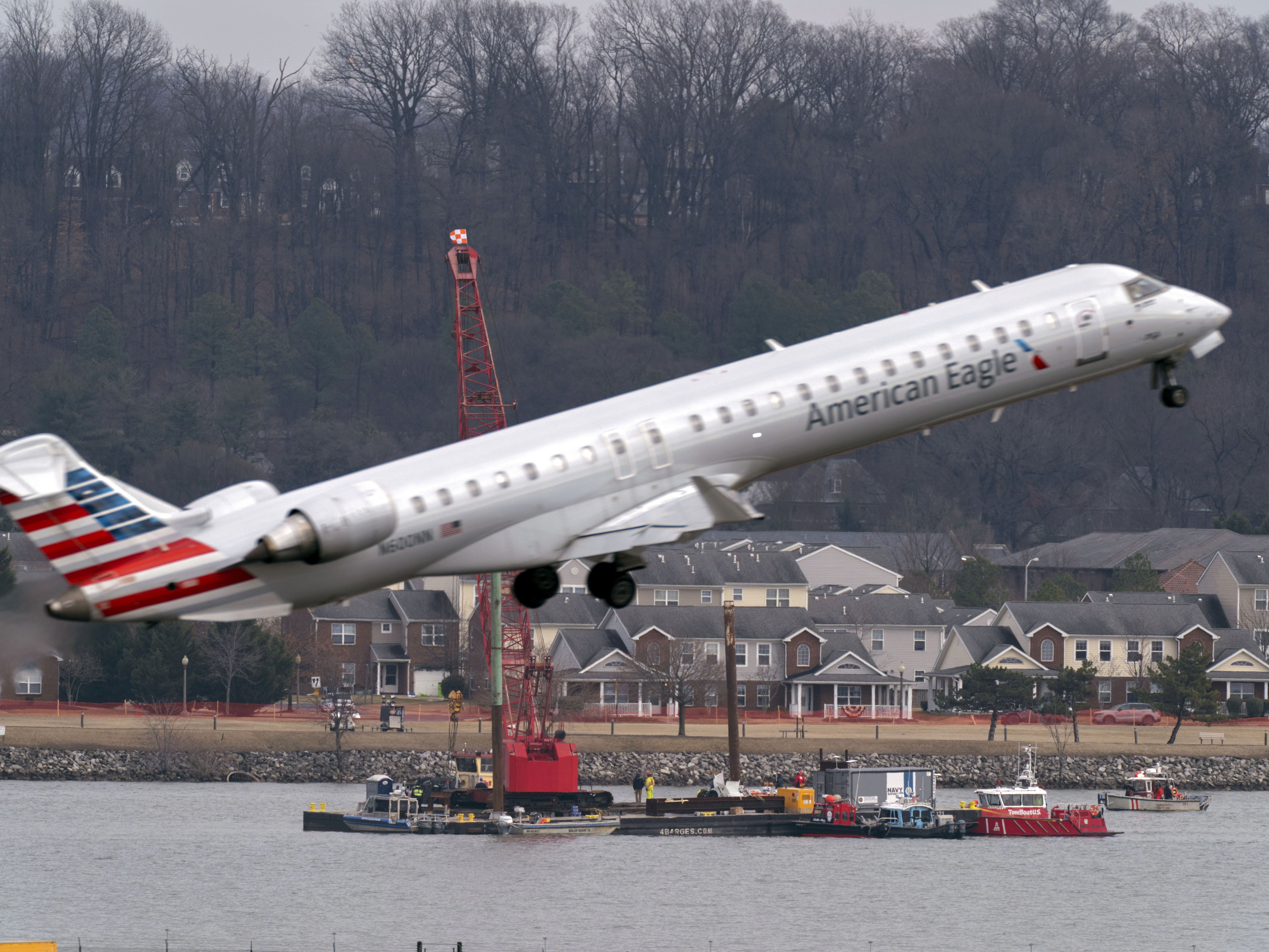
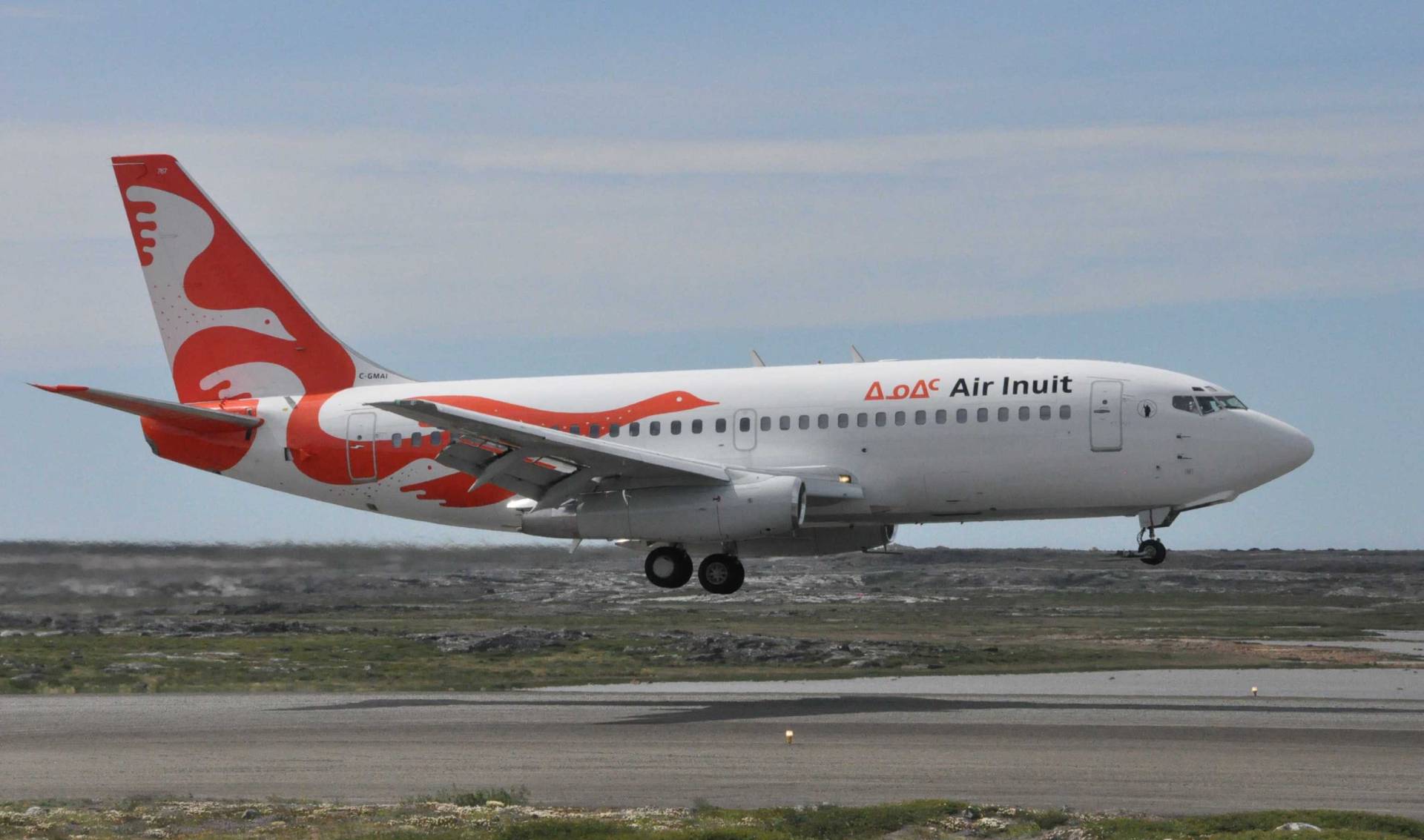
.jpg)
